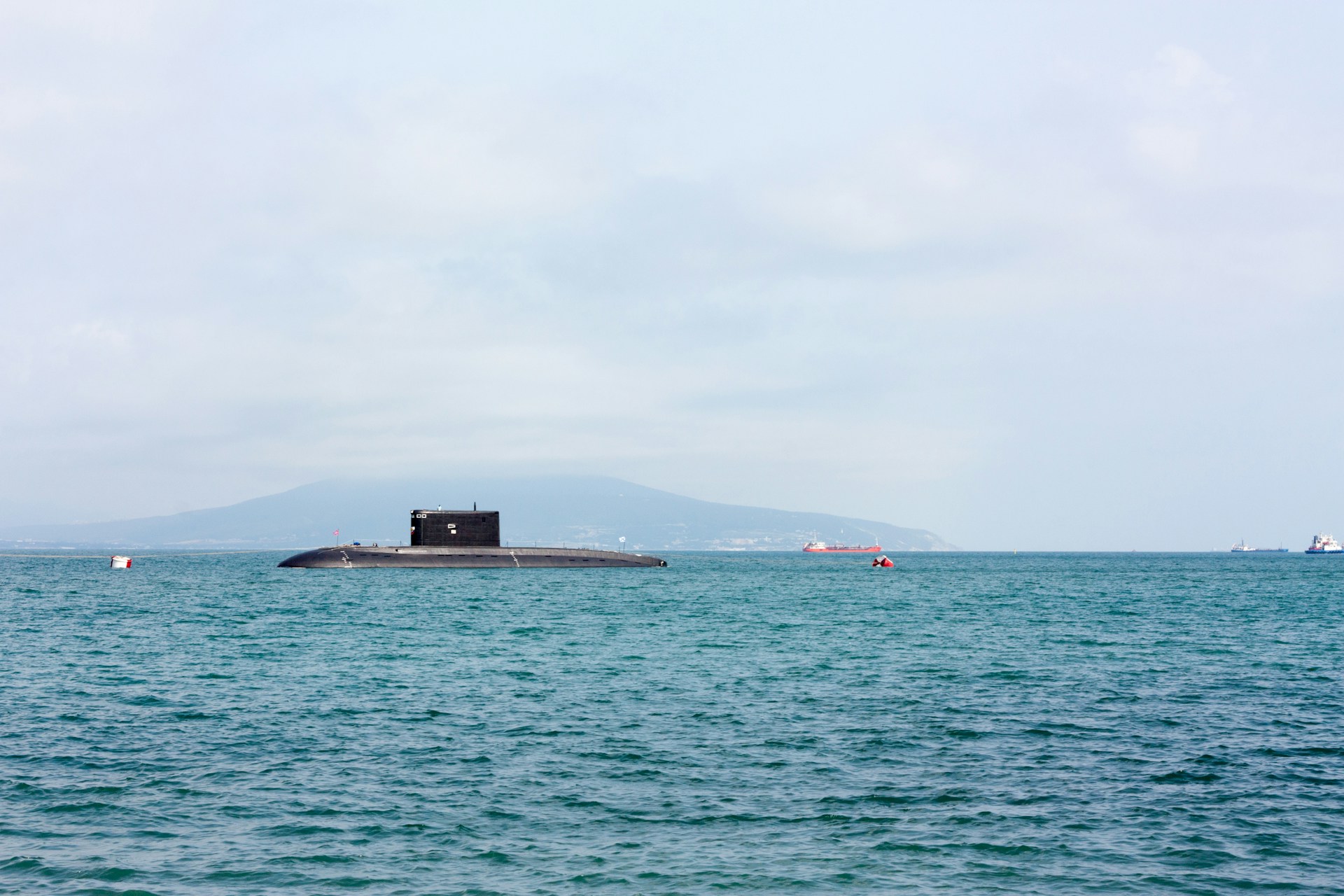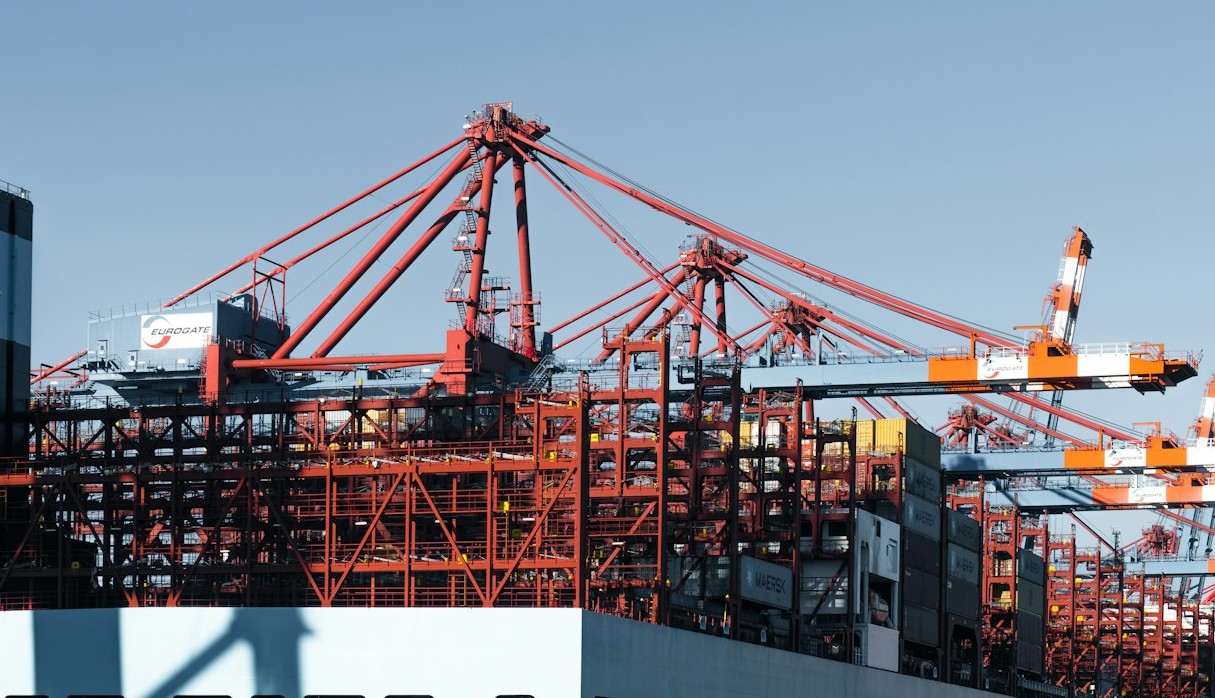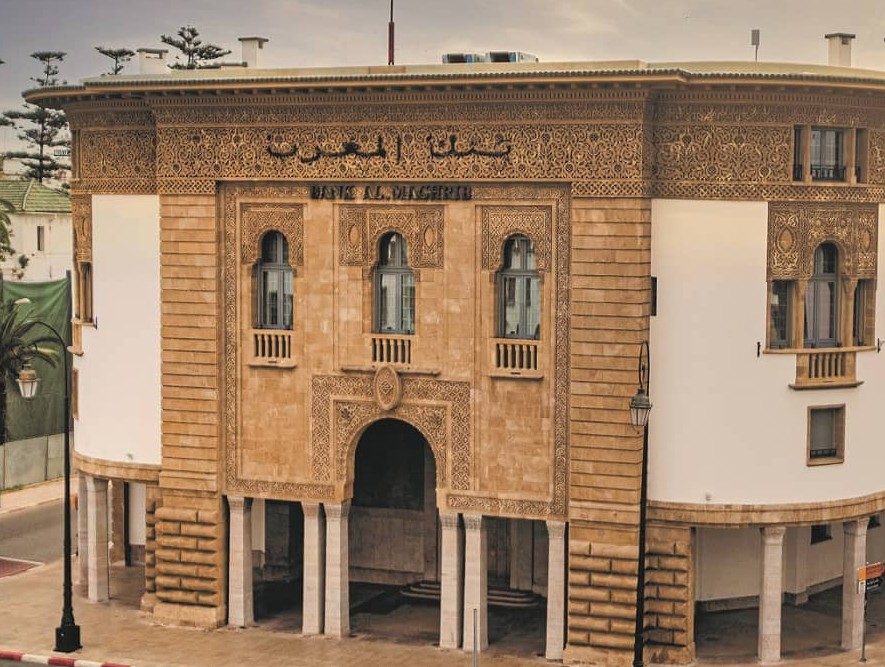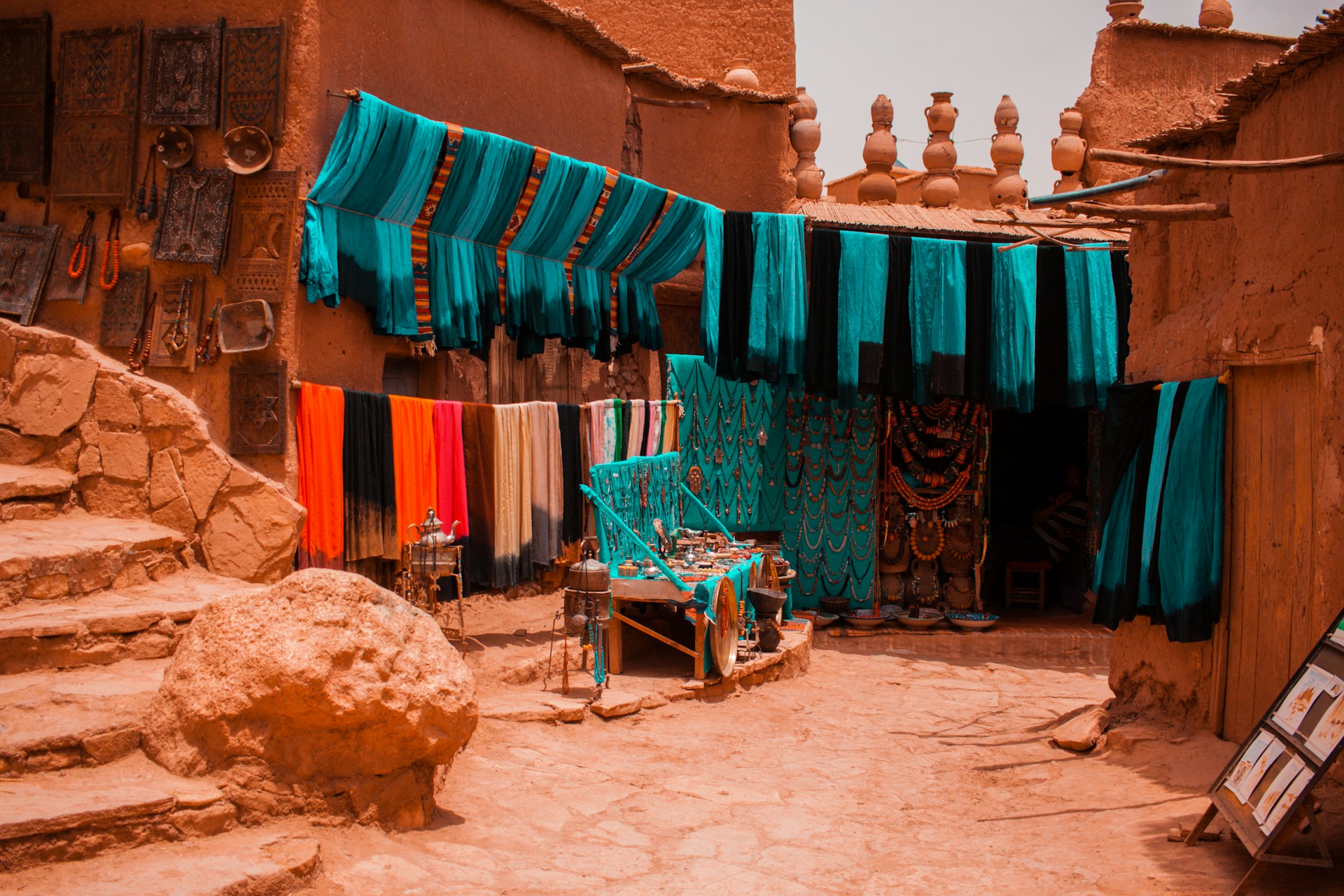Casablanca – In a significant development reflecting the shifting dynamics of global energy markets, the United Kingdom has officially recognized Morocco’s ability to produce batteries at prices competitive with those in Europe. This acknowledgment was made public by the UK Foreign Secretary, David Lammy, during a major renewable energy conference held in Lagos, Nigeria. The announcement is part of a broader report, titled “From Minerals to Manufacturing: Africa’s Competitiveness in Global Battery Supply Chains,” prepared in collaboration with the Faraday Institution and the UK’s Manufacturing Africa programme.
According to the report, Morocco stands out as a key player in the African battery value chain due to its cost-effective production capabilities. Lammy highlighted that Morocco’s estimated production cost for batteries is $72 per kilowatt-hour (kWh), putting it within striking distance of the European average of $68 per kWh. This positions Morocco as a cost-competitive option for battery manufacturing, alongside Tanzania, which also demonstrates promising potential with production costs as low as $68 per kWh under certain conditions.
The report outlines Morocco’s appeal as a battery manufacturing hub. Factors like political stability, a strategic geographical position, tariff-free exports to both the European Union and the United States, and an abundance of raw materials make the nation a standout destination for potential investors in battery manufacturing. Furthermore, Morocco remains the sole producer of essential cathode materials for batteries in Africa, a fact that underscores its pivotal role in the global supply chain.
Opportunities and challenges for Africa
The UK-backed report sheds light on Africa’s potential to reshape the global battery industry by refining and processing locally sourced minerals such as lithium, nickel, copper, and manganese. With the right mix of investment and supportive policies, the continent could reduce battery production costs by up to 40% compared to other regions by 2030. Establishing high-quality refineries across the continent could generate $6.8 billion in annual revenue and create over 3,500 jobs within the sector.
Morocco, along with Tanzania, exemplifies how African nations can move beyond raw mineral extraction to capture a greater share of the manufacturing process, positioning themselves as key links in a growing global value chain.
A global market in transformation
The timing of this recognition is critical. The demand for batteries, particularly lithium-ion batteries, is projected to surge to 7.8 terawatt-hours by 2035, driven largely by China, the United States, and Europe. While these regions are expected to command 80% of the market, the potential for supply chain imbalances, including a surplus in China and shortages elsewhere, creates a window of opportunity for African nations to step in as competitive players.
“This report emphasizes that Africa is poised to transition from being merely a supplier of raw materials to becoming a global manufacturing force in the battery industry,” stated Professor Martin Freer, CEO of the Faraday Institution. “With its abundance of critical minerals and growing manufacturing capability, Africa can reshape the industry if it overcomes challenges related to infrastructure, investment, and workforce development.”
A call for collaboration
At the Lagos conference, Secretary Lammy underscored the importance of global collaboration, particularly through initiatives like the proposed Global Clean Power Alliance. Such partnerships aim to drive sustainable growth by reducing reliance on single-source supply chains and encouraging diversified investments across Africa’s energy and manufacturing sectors.
Helen King, Director for Economic Development at the UK Foreign, Commonwealth, and Development Office, reinforced this point, stating, “Investors should not only view Africa as a market but as a manufacturing powerhouse in the making. Supporting battery production here aligns with global goals for inclusive and sustainable growth.”
As African countries like Morocco and Tanzania take steps to leverage their resources and strategic advantages, the continent’s role in the global battery industry may continue to expand. By refining their raw minerals and increasing manufacturing capacity, these nations could secure a more prominent spot in a rapidly evolving global market, driving growth, job creation, and energy independence across Africa.















